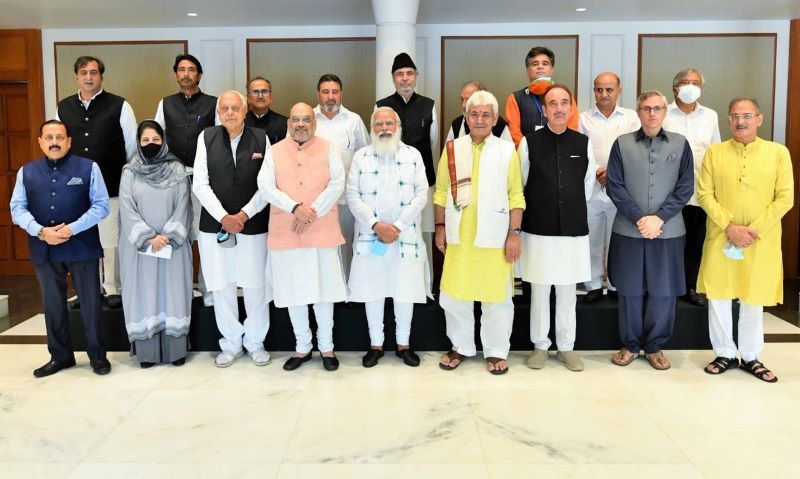
Rebooting Jammu and Kashmir
Thu, 24 Jun 2021 | Reading Time: 4 minutes

Rebooting Jammu and Kashmir
Sushant Sareen
The software in Jammu and Kashmir was updated nearly two years ago in August 2019, but the system had not been rebooted completely. The All Party Meeting on Jammu and Kashmir called by Prime Minister Narendra Modi, is probably the first step in the direction of the political rebooting exercise in the Union Territory. As is the wont of the Modi government, no one really had any idea what was going to go down in the meeting. The result was all sorts of speculation – some of it based on wishful thinking (reversal of constitutional reforms undertaken in 2019), some reflecting apprehension and concern (further bifurcation of the Union Territory), some of it exuded optimism (restoration of statehood), some of it cynical (reaching out to Pakistan), some of it focused on administrative issues (delimitation etc.) and some of it coldly analytical (a political outreach to engage the stakeholders, seek their views and perhaps present a roadmap for future).
In the end the three and a half hour long meeting was mostly along predictable lines. There were no grand announcements. And much to the disappointment of the delusional folk who thought the constitutional reforms would be reversed, there was no backtracking on the fundamental constitutional changes in Kashmir. Interestingly, there was also no grandstanding by any of the political leaders, who before the meeting had indulged in their usual rabble-rousing – talk to Pakistan, restore Article 370 to its pre-August 5 state, and other such unrealistic demands. What was encouraging was that the meeting was held in a friendly atmosphere and there was no rancour or recriminations. According to one of the senior-most and arguably one of the wisest political leaders, Muzaffar Baig, the meeting was very satisfactory.
Apparently, New Delhi was in a listening mode and according to reports, the Prime Minister gave the political leaders the floor to say whatever they wished. The Congress leader Ghulam Nabi Azad told an impromptu press conference that the entire political spectrum of the Union Territory focussed on five broad themes. These were restoration of statehood, greater clarity on domicile laws and reserving government employment opportunities for people of the Union Territory, restoring an elected dispensation, ensuring the return of the displaced Kashmiri Pandits and release of all political prisoners arrested after August 5. Surprisingly, both Azad and Baig claimed that restoring Article 370 in its pre-August 5 state didn’t really figure in the meeting. There was a general consensus that this matter was before the Supreme Court and that they would wait for the judicial verdict.
On its part, New Delhi informed the Jammu and Kashmir political leaders of the steps that had been taken since the constitutional restructuring in the erstwhile state. But more interesting was that the Prime Minister did not give any firm timeline or even roadmap on when statehood would be restored. Although Mr Modi let it be known that his government was committed to eventually restoring statehood, he indicated that it would happen after the delimitation exercise was completed and perhaps even after the elections were held in the Union Territory. He also told the meeting that he wanted to hold such a conference earlier but couldn’t because of the pandemic. The delay in the delimitation was also because of the pandemic, but now the work of the autonomous commission is going forward at full pace.
It would appear that the delimitation could drag on for a few months. First, the commission will come out with its report. After that, public comments will be invited. This process will take time. In other words, it is possible that the earliest elections can be held in the Union Territory is next spring. Statehood too cannot be restored with the stroke of a pen. It will require legislation in Parliament. Whether this will precede the election or follow it, isn’t entirely clear. What is important is that two of the five broad themes – elections and statehood – were addressed in the meeting. The issues of domicile and government jobs have also largely been addressed in the new regulations that have been implemented. Much of the concern and fear-mongering on the domicile issue is misplaced because there are many restrictions and obstacles in the path of anyone wanting to acquire domicile or even buy land in the Union Territory. In short, there is not even a remote possibility of any demographic invasion or demographic transformation. It isn’t clear as to what New Delhi has in mind on facilitating the return of Kashmiri Pandits. As for ‘political prisoners’, the demand for their release is unexceptionable, unless some of them have face criminal charges.
The first impression after the All Party Meeting is that the initiative of the Centre seems to have worked in setting the ball rolling for restoring the political process in Jammu and Kashmir. There has been a lot of maturity and realism shown by not just the Centre, but also the political stakeholders in Jammu and Kashmir to re-engage and move forward. What is quite remarkable is also the sense that one gets that the political class in the Union Territory has reconciled to the new realities and is ready to work with the Centre. Contentious issues like the amendment in Article 370 and abrogation of Article 35A will not be agitated on the streets, but will be contested in the courts. Most importantly, the random acts of terrorism – there has been a spike in target killings in the last week – won’t be allowed to put a spoke in the wheels of the political process. Even so, Jammu and Kashmir is very accident prone, and an excellent start to the process of political engagement must not be allowed to be derailed by the inevitable noise and carping sounds that will emerge, not just from across the Line of Control (LoC), but also from other parts of India.
***********
Disclaimer: The opinions expressed within this article are the personal opinions of the author. Chanakyaforum.com is not responsible for the accuracy, completeness, suitability, or validity of any information on this article. All information is provided on an as-is basis. The information, facts or opinions appearing in the article do not reflect the views of chanakyaforum.com and it does not assume any responsibility or liability for the same.
Author

Sushant Sareen is Senior Fellow, Observer Research Foundation and Consultant Editor, Chanakya Forum. He is an expert on Pakistan and Terrorism, his published works include Balochistan: Forgotten War, Forsaken People (2017), Corridor Calculus: China-Pakistan Economic Corridor & China’s Comprador model of investment in Pakistan (2016).
Disclaimer
The opinions expressed in this article are the author’s own and do not reflect the views of Chanakya Forum. All information provided in this article including timeliness, completeness, accuracy, suitability or validity of information referenced therein, is the sole responsibility of the author. www.chanakyaforum.com does not assume any responsibility for the same.
Chanakya Forum is now on . Click here to join our channel (@ChanakyaForum) and stay updated with the latest headlines and articles.
Important
We work round the clock to bring you the finest articles and updates from around the world. There is a team that works tirelessly to ensure that you have a seamless reading experience. But all this costs money. Please support us so that we keep doing what we do best. Happy Reading
Support Us





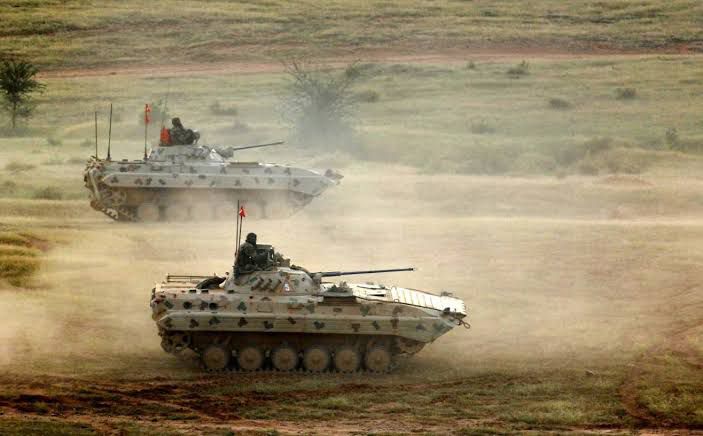

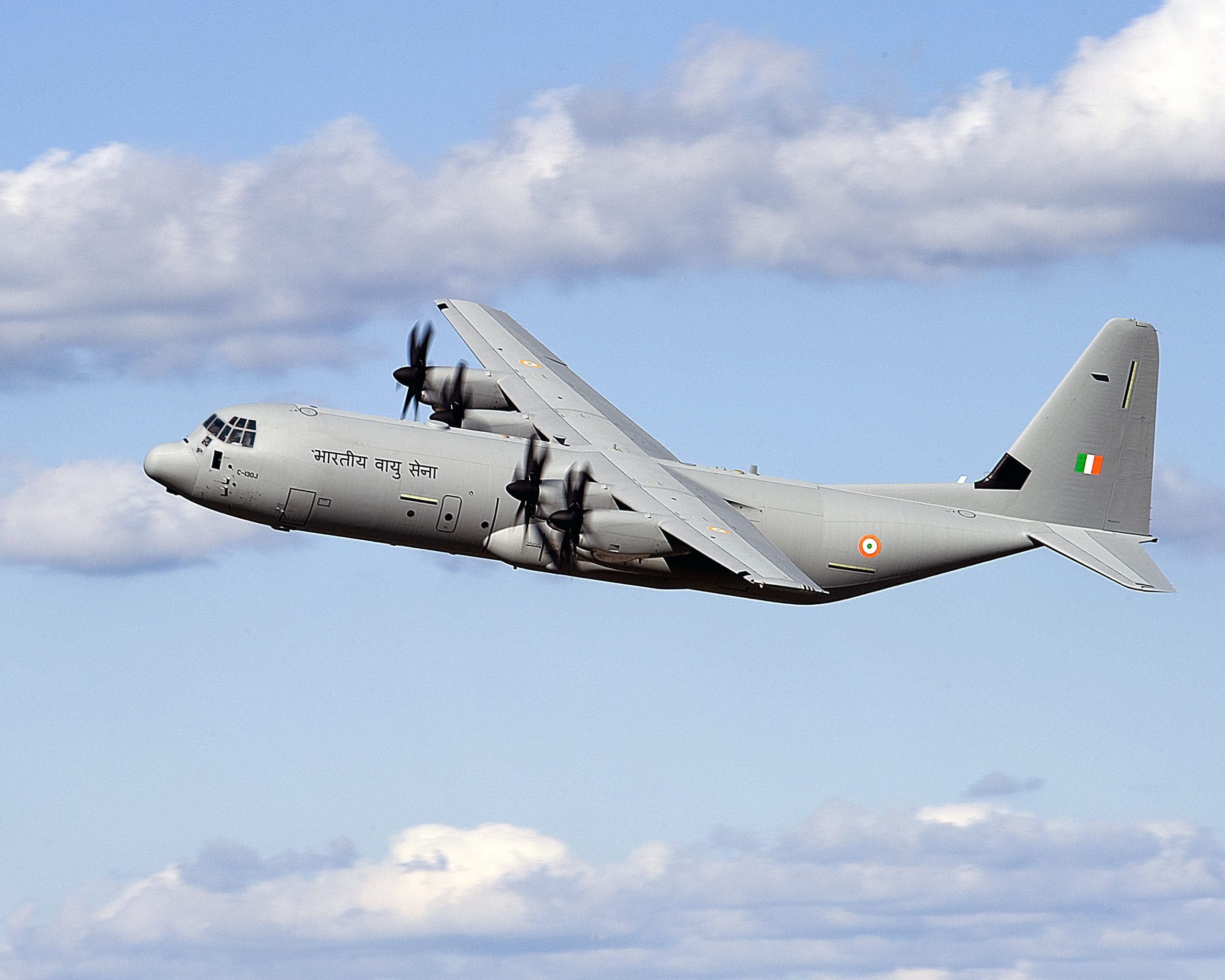

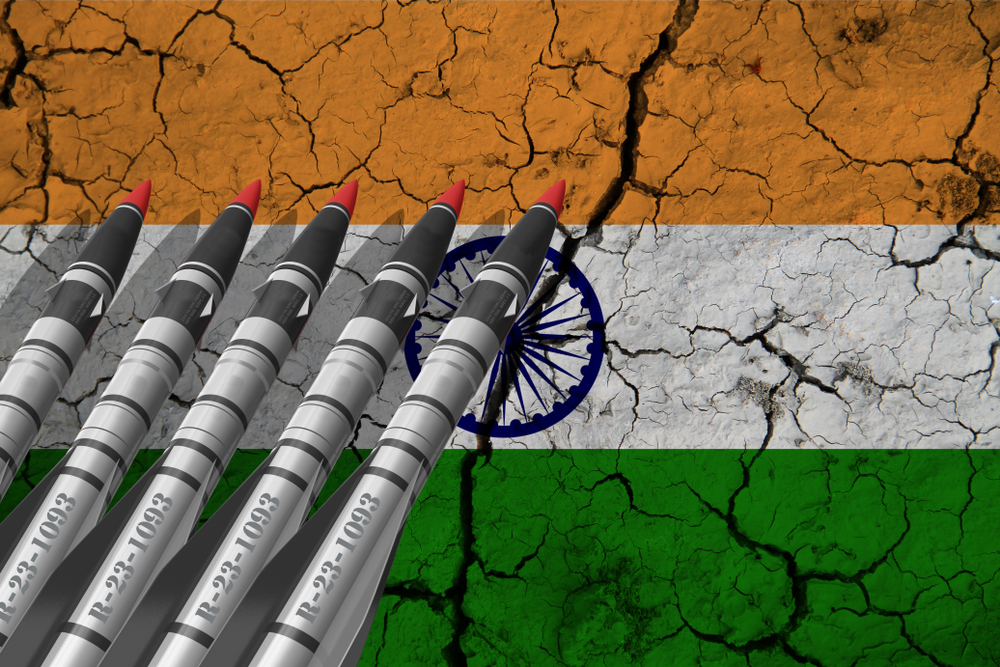
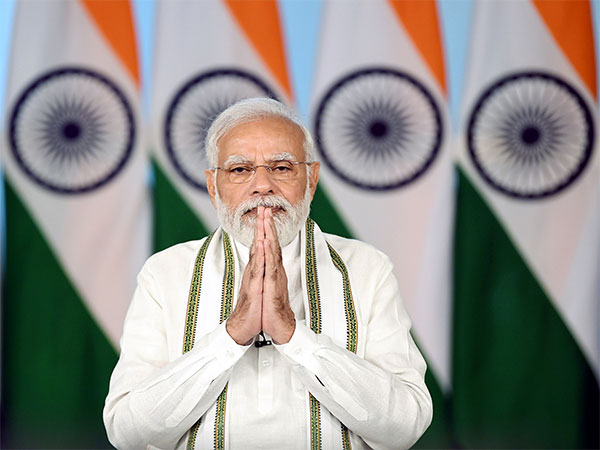
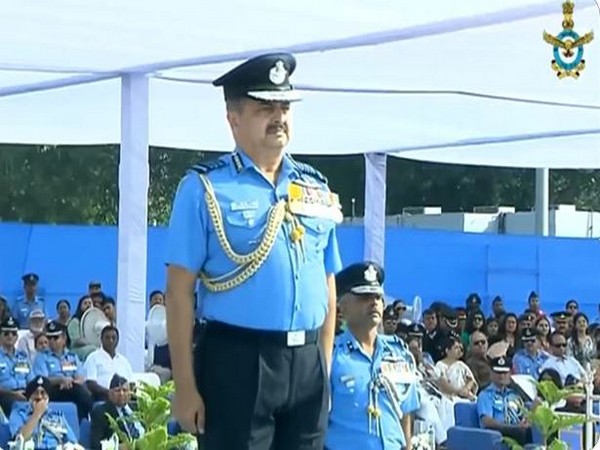
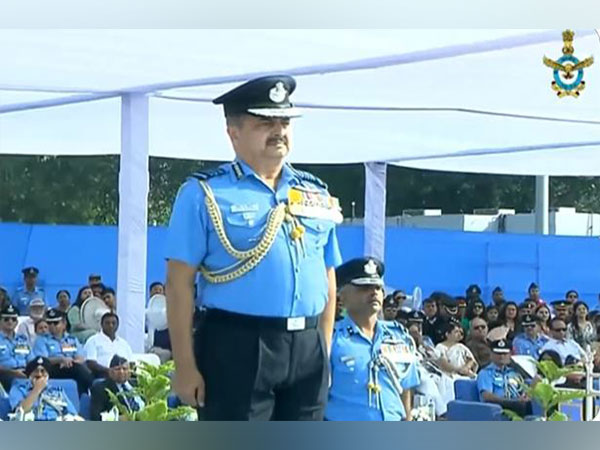







POST COMMENTS (2)
pranav
Deepak Ranade